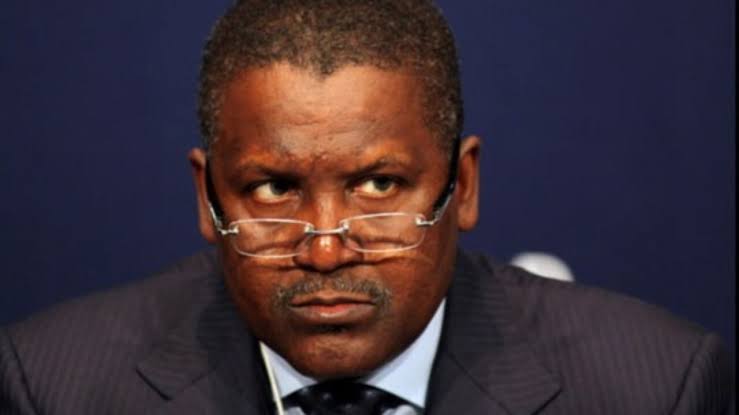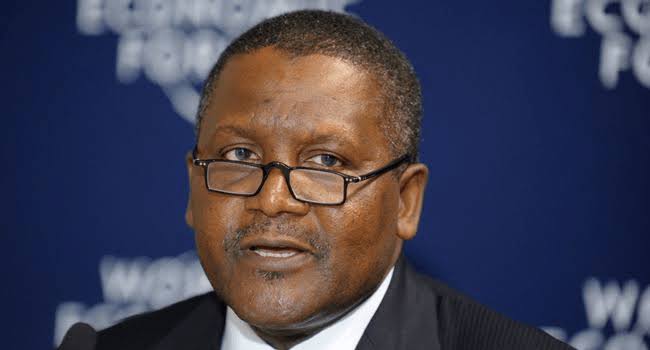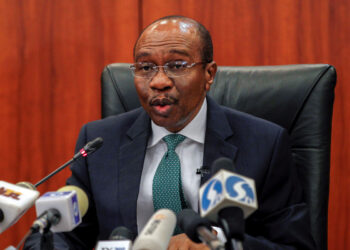In response to allegations of attempting to monopolize Nigeria’s oil sector, Aliko Dangote has proposed selling his Dangote Refinery to the Nigerian National Petroleum Corporation (NNPC). This move follows accusations from the Nigerian Midstream and Downstream Petroleum Regulatory Authority (NMDPRA) that reliance on Dangote’s refinery for oil production could lead to a monopoly in the sector.
Dangote’s Response
In an exclusive interview with Premium Times on Sunday, Dangote addressed these allegations, stating that his refinery was established in the interest of Nigerians and not for personal gain. He suggested that the NNPC could buy him out to quell the accusations and ensure the refinery serves the country’s needs.
Dangote attributed the allegations to individuals in authority with selfish motives aiming to hinder his efforts to rejuvenate Nigeria’s oil sector. “We have been facing a fuel crisis since the 70s. This refinery can help resolve the problem, but it seems some people are uncomfortable with my involvement. So, I am ready to let go and let the NNPC buy me out and run the refinery,” Dangote stated.

Personal Reflection
Dangote expressed his disappointment over the allegations, revealing that friends and associates had warned him about potential challenges in investing billions of dollars in the Nigerian economy. He reflected on his age, noting, “As you probably know, I am 67 years old. In less than three years, I will be 70. I need very little to live the rest of my life. I can’t take the refinery or any other property to my grave. Everything I do is in the interest of my country.”
Impact and Future Prospects
The Dangote Refinery is poised to make Nigeria less reliant on foreign oil imports and improve the country’s foreign exchange position. The ongoing struggles and accusations highlight the influence of powerful individuals benefiting from the current economic system. Evidenced by NMDPRA’s insistence on importing petroleum, which has driven up fuel prices and worsened the country’s economic woes.
Conclusion
The question of monopoly, though valid, pales in comparison to Nigeria’s pressing economic challenges. The situation underscores the need for transformative leadership and an end to bad governance. Whether Nigeria can overcome its challenges with the current leadership remains a pressing question, resonating with the public’s demand for change.














